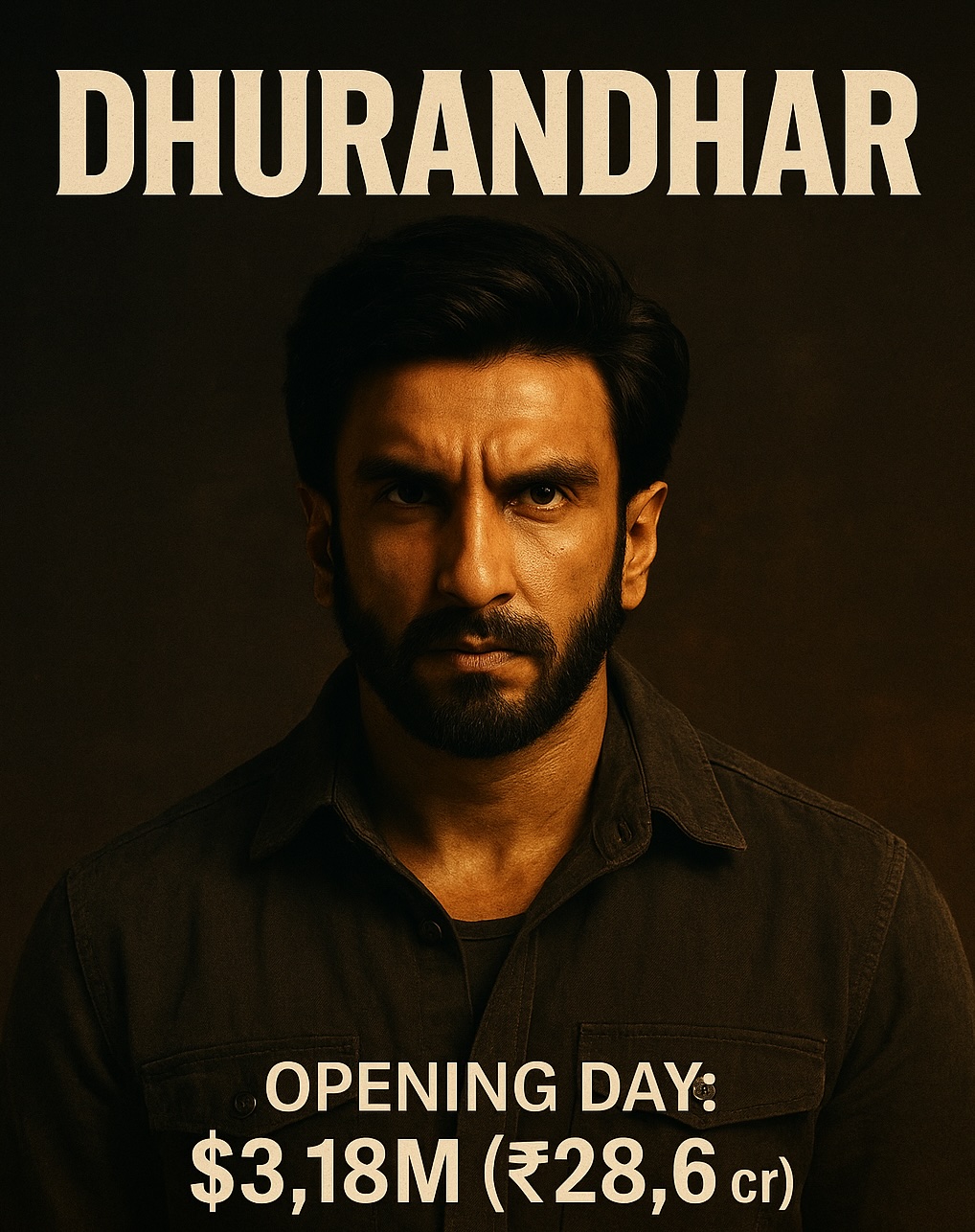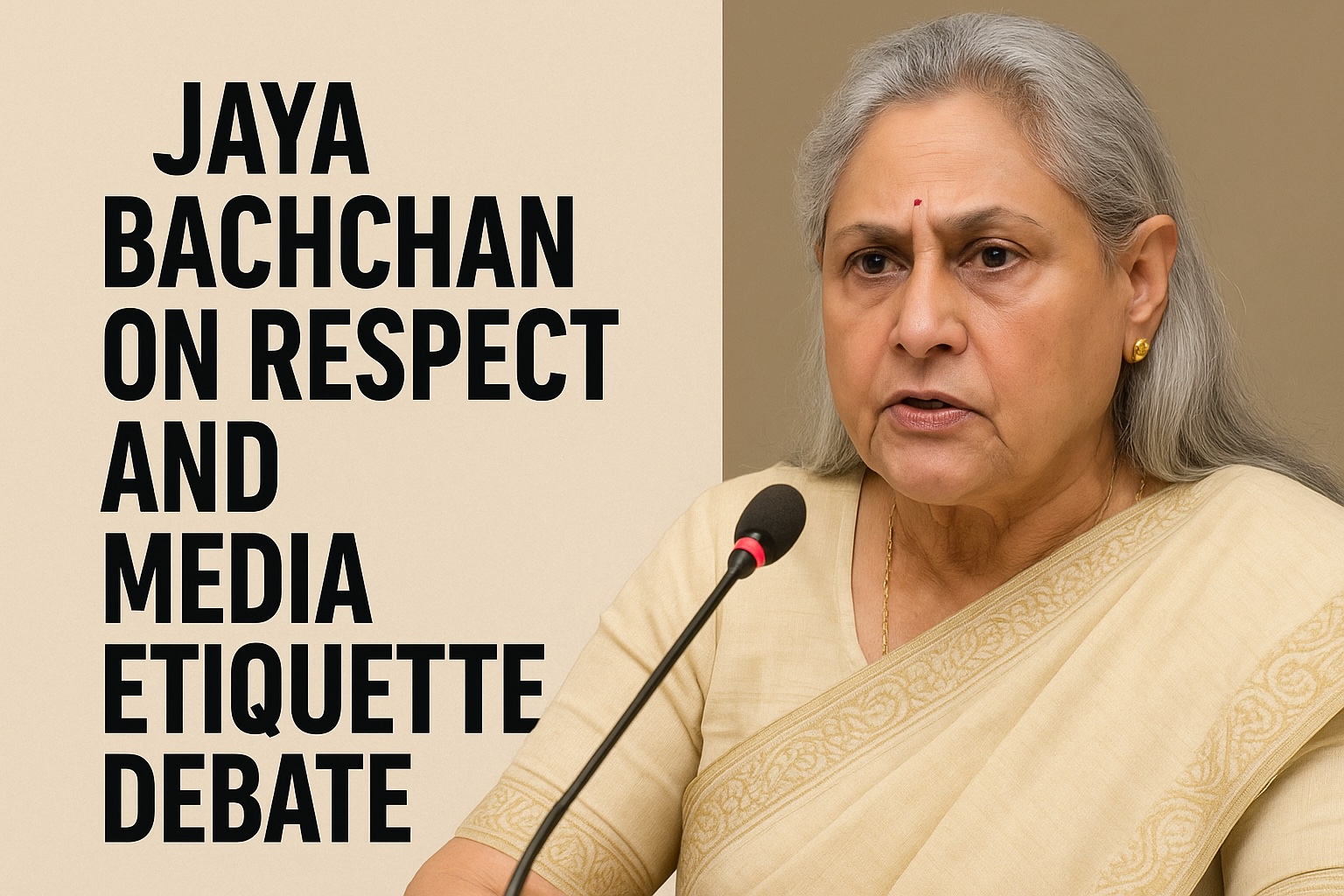
MUMBAI: Ritesh Batra must be a tired man. It’s the last day of Ganesh visarjan, but the director of ‘The Lunchbox’ has been out promoting his film. From Cannes to Telluride to Toronto, the film will finally make an appearance in India this Friday.
But this weekend could bring dual good news for Ritesh Batra. The Film Federation of India will announce India’s official entry for the Best Foreign Language Film at the Oscars on 22 September. In Ritesh’s own words, if ‘The Lunchbox’ makes it through, it has a good chance of being in the top five, and even winning. Besides the Oscar chances, Ritesh Batra also talks to BusinessOfCinema about his actors, shooting in Mumbai and his mentor Karan Johar.
BusinessOfCinema (BOC): First of all, congratulations on the journey so far.
Ritesh Batra (RB): Thank you.
BOC: How did you came up with the story of ‘The Lunchbox’?
RB: I was trying to work on a documentary in 2007 on the dabba wallahs. So I embedded myself with them for a few days, became friends, and they started telling me these stories about the housewives they delivered to and from. So the germ of the story came from there.
BOC: The film is co-produced by a lot of people, over different countries. Why did you go for that?
RB: When I finished writing the first draft of the script, I knew it could travel. I wanted it to travel. And the best way to make something travel is to get stakeholders from around the world. Because then they have an interest in making it travel. I met Anurag (Kashyap) and Guneet (Monga) and they were interested in making it a co-production as well. And there was an executive producer from the US – Lydia Pilcher – she was also advising us. Then we took the script to the CineMart at Rotterdam; we found our French partners there. At the NFDC Film Bazaar in Goa, we found our German co-producers. The film’s journey really started there. Most of the money came from India, some came from France and Germany.
BOC: You think this model could work for other films? Could we see you trying it again?
RB: Yes, absolutely. Whether or not it works for other films, depends on the films. But I think it can work if the film has the potential to translate globally. Producers should feel that it will translate in their markets or they won’t invest in it.
BOC: So do you write films with the intention of it travelling?
RB: See, you can only do what you are, you can’t do what you want. I feel cinema is a country and film is a language. If I can make films that translate to other markets, I think it’s great, but I don’t think it’s a conscious thing.
BOC: With your short film ‘Café Regular, Cairo’ and now ‘The Lunchbox’, it seems like you lean towards conversation-driven, character-based films. Are you more comfortable writing such films?
RB: I’ve had many other short films before that were not conversational. And see, writing is difficult. It’s the hardest thing any human being can ever do. It’s easier to put a human on the moon than trying to write on a blank page with nothing existing before that. But I really enjoy writing character-driven things. So in that regard, I’d like to continue writing character-driven things: about characters who have wants and needs and who are trying to figure out how to go about it. Rich characters is what I would like to keep trying to create.
BOC: How was it acting with two of the best actors currently: Nawazuddin Siddiqui and Irrfan Khan?
RB: Oh, they were both great and they liked the script and they were really gracious to do it. They are ideal for their parts.
BOC: And how did you come across Nimrat Kaur?
RB: For Nimrat, we spent many months, doing auditions and meetings. Finally, I saw her in a small part in a movie called ‘Peddlers’ and then saw her in a play called ‘Baghdad Wedding’ where she was wonderful. When I saw the play, we had a meeting, and she was someone who was interested in investing time for the part. She really connected with the script.
BOC: You had workshops with all the actors. Can you talk a little bit about that?
RB: For Irrfan and Nawaz, we just had a lot of meetings. We would meet for hours, talk about the script. They really invested themselves in it, a lot. With Nimrat, her story is mostly set in that one apartment. So the place had to look lived-in. She cooks in that kitchen. So we rehearsed every scene in that apartment.
BOC: ‘The Lunchbox’ is based on this one error that the dabbawallahs make. Does the movie talk about this element of destiny or fate?
RB: I don’t think it’s an error. You have to watch the film and tell me what you think. We’ve kept it on that line between a mistake and a miracle. The story works on that line. We’ve left it up to the audience to decide.
BOC: How was it shooting in Mumbai?
RB: We shot on the streets and in the train. It was extremely difficult and chaotic, but we embraced the chaos. And the film is very authentic because of that. We shot on location. So we shot on the streets of Churchgate, Malad, Dongri. Nawaz’s house in the movie is in Dongri. We had problems. After all Irrfan and Nawaz are recognisable. But we worked around it. There was a lot of touch and go. There were a lot of permissions falling through and then trying to figure out something else.
BOC: You’ve spoken about Mumbai being integral to the film, but universal in theme. But could this film have been set anywhere else?
RB: No, absolutely not. It’s a very Bombay story. It’s all these different worlds that are only in Bombay. Ila’s world (Nimrat’s character) is in Malad. Irrfan’s world is in Bandra. Nawaz’s world is in Dongri. Then there are the dabbawallahs. It’s an authentically Bombay story.
BOC: With your short film set in Cairo and now ‘The Lunchbox’ in Mumbai, do you think a city will play an important role in your film every time?
RB: Who knows what’s going to happen every time? I don’t know what I’m going to have for dinner today. But when I was writing ‘The Lunchbox’, Bombay played a very important role. Nawaz’s character, for me, is actually a stand-in for Bombay in the film. He represents Bombay – the optimism, the will to change. He’s everything the other two characters are not.
BOC: Coming to Karan Johar, how has his coming on board the film helped the film?
RB: It’s tremendous with both Karan and UTV coming on board. He’s really taken the film to a wider audience than it would have gone otherwise because he has a relationship with the audience. It’s his territory. He’s been a great ambassador for the film. He’s been gracious with his time, even trying to figure out how the film should be marketed. The tagline of ‘The Lunchbox’ – ‘Can you fall in love with someone you’ve never met?’ – he came up with it. I couldn’t have come up with something better than that. He connected with the soul of the material.
BOC: He even called you his 14th student the other day. Could we see you working under Dharma Productions?
RB: I would love to work with him. He’s a wonderful person and he has great taste. I’m not saying that because he picked up my film (laughs) but yes, I would love to work with him.
BOC: About the Oscars, what do you think of the chances for ‘The Lunchbox’ to be selected as India’s entry?
RB: It’s a process. A committee decides. It’s hard to know what they will choose. But this whole Oscar buzz actually started at Telluride and Toronto. And Telluride is an industry-oriented festival. It’s a film-lover festival. For example, they have open slots. The whole programme is not filled. Whatever screenings are on demand, they add it to the empty slots. ‘The Lunchbox’ screened there seven times in four days. They kept adding extra screenings because people were being turned away. I think The Hollywood Reporter wrote first that it is a very strong contender for Best Foreign Language Film. There were tweets too. Salman Rushdie tweeted about it. I’m really happy that the film has translated in such a big way. But I feel that if India does send it, the buzz on the other end is so strong that the film has a chance of being in the final five and possibly winning the Oscars. But it’s hard to tell, as I’m not aware of the nitty-gritty of the process.
BOC: Let’s assume that the film gets selected as India’s official film. Are things sorted out on the Western front?
RB: Yes, Sony Classics is very excited. They feel strongly about ‘The Lunchbox’. They’ve actually asked us to make sure that it gets selected. I mean, we can’t do anything as it’s the committee that decides. But Sony Classics is very excited about championing the film and taking it all the way. They had ‘Amour’ last year. They are old hands at this.
BOC: Who are your inspirations while writing and filming?
RB: Directing is something that is so specific to the situation. You have to become the director that your actors need. It’s not right to have a directing style or way. You have to be as a resource for your actors. You have to step back and give them time to explore when they need you to. You have to really respect your actors. There’s no way to mould yourself like another director. In terms of writing and the films that I would like to do, I really like Satyajit Ray, Guru Dutt, Ingmar Bergman.
BOC: Can you talk about what you’re writing next?
RB: How can you do multiple things? I can do just one thing at a time. So I’m working on ‘Photograph’, that’s it. I haven’t even written it. I really would have liked everyone not knowing about it. It’s not healthy. It’s important to do the work first and then talk about it.
BOC: Why wasn’t the film’s earlier title ‘Dabba’ retained? Why the change?
RB: Because ‘dabba’ is slang for a flop movie. Irrfan actually told me that you cannot call the film ‘Dabba’ in India. (laughs)





